During pregnancy, diet directly affects the mother’s health and the fetus’s development. Choosing suitable fruits is essential, as some fruits can pose risks of uterine contractions, increased blood sugar, or digestive issues. The article below will help you identify the fruits pregnant women should avoid.
Fruits Pregnant Women Should Absolutely Avoid During Pregnancy
During pregnancy, a pregnant woman’s diet not only affects the mother’s health but also directly impacts the fetus’s development. Among them, some seemingly healthy fruits actually pose high risks if consumed incorrectly or at sensitive times. Below is a list of fruits that pregnant women should absolutely avoid during pregnancy to ensure the safety of both mother and baby.

Pineapple
Pineapple is a fruit rich in vitamin C; however, for pregnant women, especially during the first trimester, eating pineapple can pose risks. Pineapple contains the enzyme bromelain, which can soften the cervix and stimulate contractions. When contractions are excessive, the uterus can expel the fetus, leading to miscarriage.
Therefore, pregnant women should avoid eating fresh pineapple, especially unripe pineapple, during the first few months. If you need to consume pineapple, consult your doctor and only use a very small amount when your pregnancy is more stable.
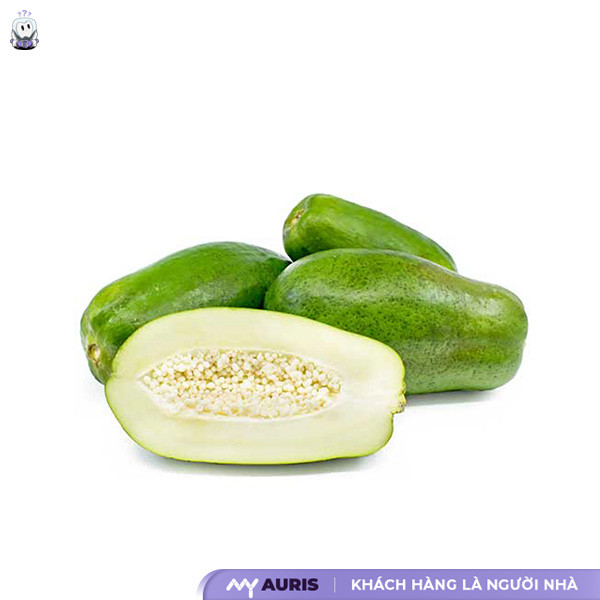
Unripe Papaya
Ripe papaya can be safe if eaten in moderation, but unripe papaya is the complete opposite. Unripe papaya contains a large amount of latex, an ingredient that can trigger uterine contractions. Additionally, this fruit also contains papain, an enzyme that can weaken the protective membrane of the fetus.
Using unripe papaya in dishes such as salads, soups, or stir-fries can inadvertently increase a pregnant woman’s risk of miscarriage, especially during the first trimester.
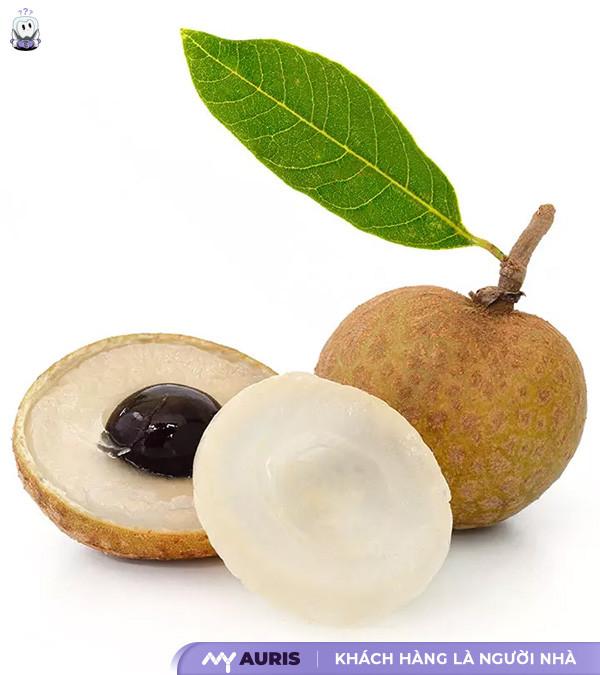
Longan
Longan is considered a “hot” fruit. When consumed in large quantities, pregnant women may easily experience hot flashes, fatigue, constipation, and even bleeding. Especially for pregnant women with a naturally warm constitution or those experiencing threatened miscarriage, longan can worsen the condition.
Therefore, pregnant women should minimize longan consumption, especially in hot weather or during the early months of pregnancy.
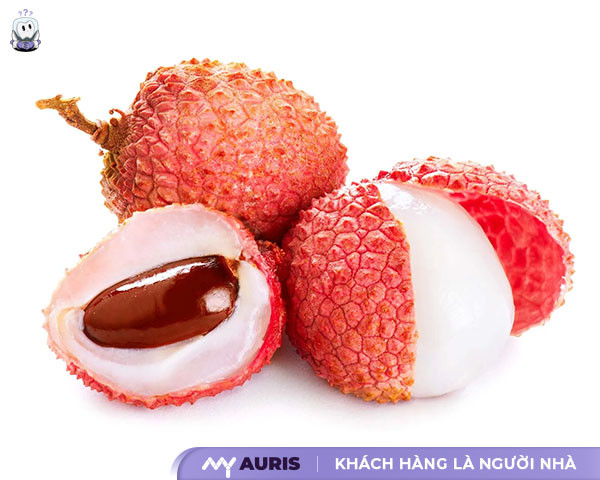
Lychee
Lychee is a sweet, easy-to-eat fruit but has a high sugar content. Excessive consumption of lychee can increase blood sugar, leading to a risk of gestational diabetes. Additionally, lychee is also considered “hot” in nature; eating too much can cause internal heat, rashes, itching, and hormonal imbalance.
If you really like lychee, pregnant women should eat very little and prioritize eating it in the morning when the body is active to avoid sugar accumulation.

Dried Dates
Dried dates are often found in nutritious foods, but for pregnant women with a weak digestive system, eating too many dates can cause indigestion and bloating. Additionally, dates have a relatively high-calorie content, which can easily lead to uncontrolled weight gain during pregnancy.
Pregnant women should only consume fresh or dried dates in small quantities and view them as a supplemental snack rather than a main meal.

Tamarind
Tamarind has a distinctive sour taste and is often used to stimulate appetite. However, for pregnant women with a sensitive stomach, the acid in tamarind can increase the risk of ulcers, bloating, or abdominal pain. Eating too much tamarind can upset the body’s pH balance, causing discomfort for the mother and potentially affecting the fetus.
If a sour taste is desired, pregnant women should choose safer fruits like ripe oranges, which can support iron and folic acid absorption.
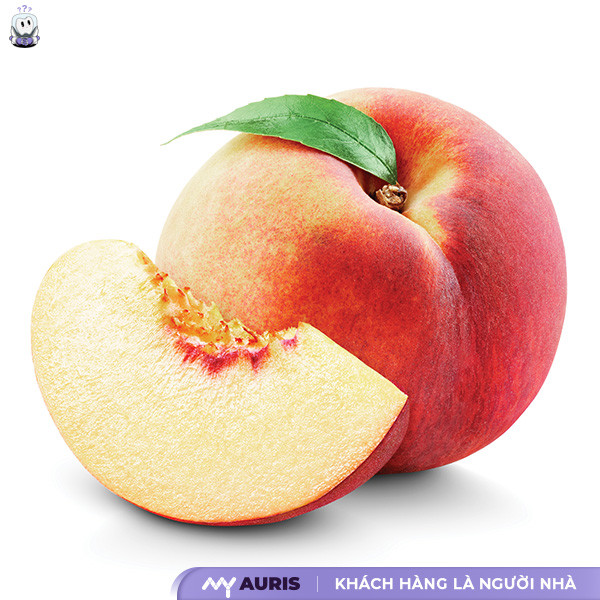
Peach
Few people know that peaches can cause mild allergies, skin itching, and even mild uterine contractions. The fuzzy skin of peaches can easily irritate the throat, leading to persistent coughing if not eaten properly. Do not eat fresh peaches with the fuzz on. If consumed, peel thoroughly, eat in small amounts, and pay attention to any reactions after eating.
Why are these fruits dangerous for the health of mother and fetus?
- Causes uterine contractions, increasing miscarriage risk
This is the greatest danger when pregnant women consume fruits containing uterine stimulants. Unripe papaya contains latex, which can easily cause strong uterine contractions, especially dangerous during the first trimester. Fresh pineapple contains bromelain, an enzyme that can soften the cervix and induce uterine contractions. These effects can lead to lower abdominal pain, vaginal bleeding, or miscarriage if not managed promptly.
- Increases body heat, potentially leading to fatigue and bleeding
“Hot” fruits like longan and lychee increase internal body heat. Pregnant women may feel restless, experience internal heat, insomnia, or symptoms such as rashes, constipation, and even vaginal bleeding. These are signs that the body cannot tolerate the high sugar content and “heating” properties of the fruits.
- Causes elevated blood sugar and gestational diabetes
Lychee, longan, and dried dates have very high natural sugar content. When consumed in excess, especially during the second and third trimesters, pregnant women may increase their risk of developing gestational diabetes. This not only affects the mother’s health but can also cause the fetus to grow too quickly, leading to premature birth or a required C-section.
- Causes digestive disorders, reflux, or bloating
Some fruits like sour tamarind have a strong taste and high acidity. When eaten on an empty stomach or during the early months of pregnancy, tamarind can increase stomach acid secretion, causing epigastric pain or indigestion. If a pregnant woman has a history of reflux or gastritis, she should avoid highly acidic fruits.
- Affects hormones and endocrine system
Some components found in unripe fruits (like green papaya) or tropical fruits can irritate female sex hormones. The consequence is that the normal development of the fetus is affected, increasing the risk of uterine contractions or causing prolonged fatigue and stress for the pregnant mother.
- Not suitable for consumption at all stages of pregnancy
Not all fruits are suitable for consumption at all times during pregnancy. For example, during the first trimester, when the uterus is still delicate and the fetus is not yet stable, eating pineapple or unripe papaya can be extremely dangerous. In the third trimester, the mother’s body tends to retain water and experience elevated blood sugar, and consuming many sweet or “hot” fruits will only worsen these conditions.
How can “Hot” and High-Sugar Fruits affect Pregnant Women?
Some fruits, despite being nutritious, are not suitable for all pregnant women. Specifically, “hot” and high-sugar fruits can cause undesirable effects on both the mother and the fetus if consumed improperly.
Impact of “Hot” Fruits on Pregnant Women and Fetuses
“Hot” fruits often lead to increased body temperature. For pregnant women, this can easily result in hormonal imbalance and metabolic disorders. Typical fruits like longan, lychee, and dates, if eaten in large quantities, can cause internal heat, constipation, swollen hands and feet, and even uterine contractions in sensitive pregnant women.
Longan is an energy-rich fruit, but if consumed during the first trimester, when the uterus is still soft, it increases the risk of abnormal contractions. The “heating” property of longan can also cause light vaginal bleeding, especially in women with a history of threatened miscarriage. Meanwhile, lychee has a high sugar content, easily generates heat, and affects the digestive system, causing bloating and indigestion for pregnant women.
Moreover, these fruits can also irritate pregnancy hormones, affect the endocrine system, and easily lead to miscarriage if consumption is not controlled.
Risks from High-Sugar Fruits
High-sugar fruits like lychee, durian, ripe mango, jackfruit, etc., although delicious, are not suitable if pregnant women consume them excessively. High blood sugar levels not only make the mother feel tired easily but also increase the risk of gestational diabetes, affecting fetal development.
High blood sugar levels increase the pressure on the mother’s pancreas, causing insulin imbalance, which in turn negatively impacts both mother and fetus. Furthermore, if the diet is not well-controlled, the mother can gain weight rapidly, increasing the risk of pre-eclampsia.
For the fetus, unstable blood sugar levels can increase the risk of birth defects, macrosomia (large baby), or premature birth. This is why pregnant women need to carefully control sugar intake from fruits, especially during the second and third trimesters.
How to Choose Safe and Beneficial Fruits for Each Stage of Pregnancy
Below is a step-by-step guide to choosing safe fruits, easily applicable at home, helping pregnant women create a healthy pregnancy menu suitable for prenatal nutrition and dietary needs.
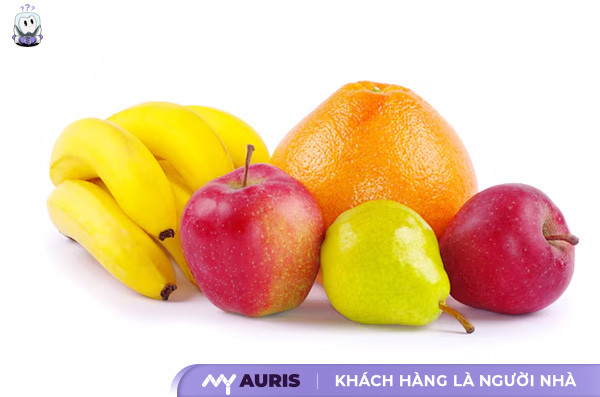
First Trimester
During the first trimester, the uterus is still delicate and highly sensitive to food ingredients. Pregnant women should completely avoid fruits that can stimulate uterine contractions such as:
Pineapple: Contains bromelain, which can soften the cervix and cause contractions.
Unripe Papaya: Contains latex, a substance that can easily cause miscarriage if eaten in large quantities or raw.
Longan, Lychee: Have “heating” properties; eating too much can cause internal heat and increase the risk of bleeding.
Instead, pregnant women should choose fruits such as:
Ripe Bananas: Rich in potassium, helping reduce nausea and aiding digestion.
Apples: High in fiber, helping control blood sugar levels.
Pears: Cooling, easy to digest, with high water content to help prevent constipation.
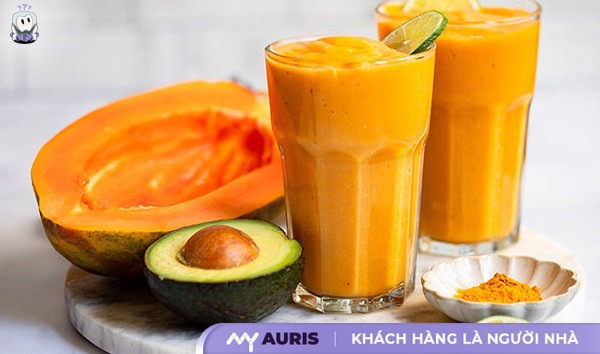
Second Trimester
This stage is a period of strong fetal development, especially for the brain and skeletal system. Pregnant women need to increase their intake of fruits rich in folic acid, calcium, and vitamin C:
- Oranges, Tangerines: Provide vitamin C to support iron absorption and boost immunity.
- Avocado: Rich in healthy fats, supporting fetal brain development.
- Ripe Papaya: No longer contains latex, safe to eat in moderation.
Avoid eating too many high-sugar fruits like lychee, longan, and dried dates to reduce the risk of gestational diabetes and uncontrolled weight gain.
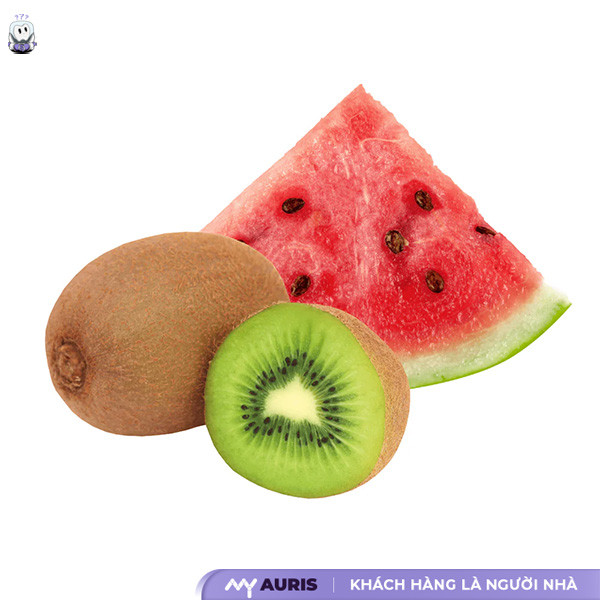
Third Trimester
In the final stage, pregnant women are prone to constipation, edema, and digestive disorders. Choose fruits such as:
- Kiwi: Rich in digestive enzymes, beneficial for a pregnant woman’s digestive system.
- Watermelon: Cooling and diuretic, helps reduce swelling in hands and feet. Eating about 2-3 slices per serving is appropriate.
- Apples and Plums: Help alleviate constipation.
Avoid eating overly sour fruits (like tamarind, hog plums, green mangoes) on an empty stomach to prevent increased stomach acid and discomfort.
Frequently Asked Questions
Should Pregnant Women Eat Pineapple?
Pineapple contains an enzyme called bromelain. This substance has the ability to soften the cervix and cause mild contractions if consumed in large quantities, especially when eating fresh, raw pineapple, unripe pineapple, or drinking concentrated juice. However, the amount of bromelain in ripe pineapple is usually not large enough to cause miscarriage if eaten in reasonable amounts. Studies show that to cause significant uterine contractions, a pregnant woman would have to consume a very large amount of pineapple in a short period – which is not realistic in daily life. Should pregnant women eat pineapple? If a pregnant woman eats a few slices of ripe pineapple, no more than 2-3 times a week, it will not be harmful.
Is Watermelon Safe for Pregnant Women?
The answer is yes, but it needs to be eaten correctly and in the right amount. To ensure safety, pregnant women can follow these steps:
Eat in moderation: A maximum of 1-2 small slices per day, avoid eating half a large fruit.
Do not eat on an empty stomach or at night: As it may cause a cold stomach or bloating.
Wash the rind thoroughly before cutting: To minimize bacteria from the rind contacting the flesh.
Store in the refrigerator and consume within the day: To prevent the watermelon from fermenting and becoming unsafe.
Consult a doctor if you have underlying medical conditions such as diabetes or digestive disorders.





